The Concept of Mind (Penguin Modern Classics)
£10.40£12.30 (-15%)
This epoch-making book cuts through confused thinking and forces us to re-examine many cherished ideas about knowledge, imagination, consciousness and the intellect. The result is a classic example of philosophy.
Read more
Additional information
| Publisher | Penguin Classics (3 Aug. 2000) |
|---|---|
| Language | English |
| Paperback | 336 pages |
| ISBN-10 | 0141182172 |
| ISBN-13 | 978-0141182179 |
| Dimensions | 12.7 x 1.78 x 19.69 cm |

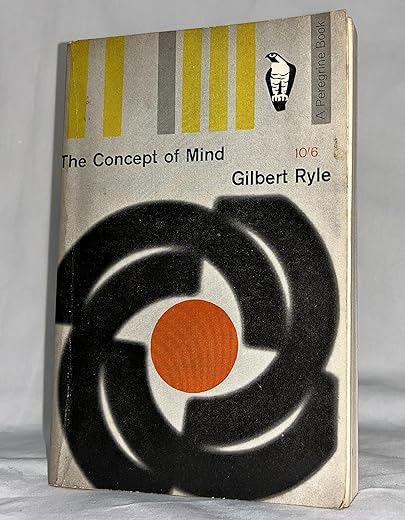
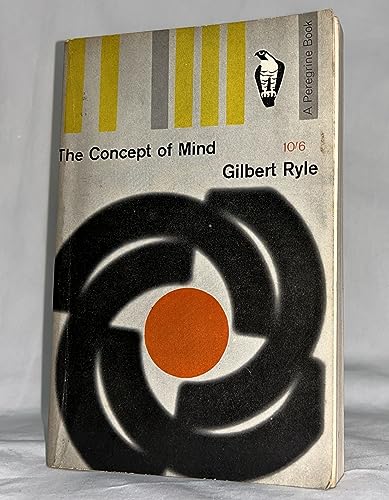
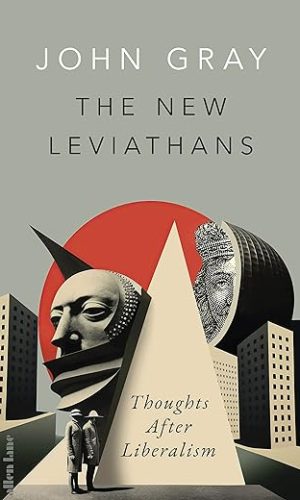

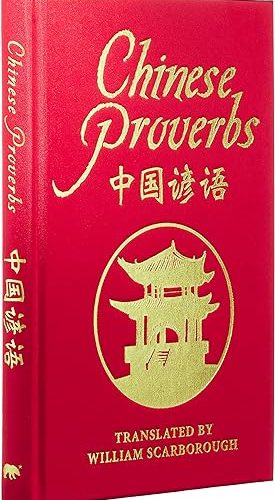


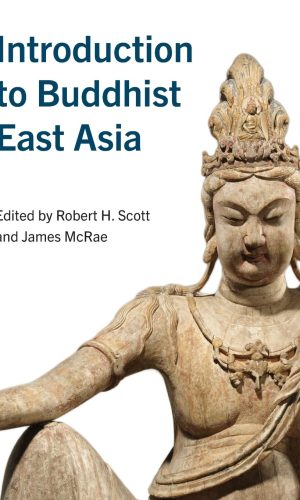
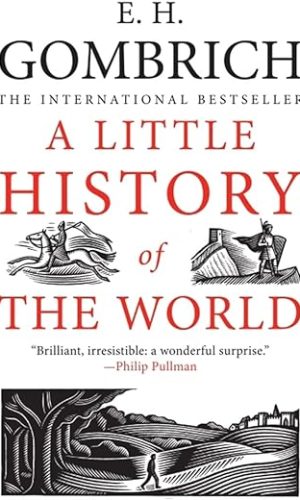

by Arnie
This brings back memories as an undergraduate around 1970. Then I thought it a bit ‘old hat’. Now, I again admired it’s clarity and lucidity. Perhaps less hair makes the hat fit at last.
by DAVID BRYSON
There is no getting away from the noun ‘mind’. It is perfectly intelligible and sensible to say that Newton, Hume and Richard Bentley had fine minds. However we soon get into a muddle when we misunderstand what kind of noun ‘mind’ is. People possess certain capacities that we call ‘mental’ by way of distinguishing them from capacities of the senses such as eyesight, or from capacities of the physique like weight-lifting, and anything that is ‘mental’ is of the mind. And immediately we have to watch our step if we want to think clearly. Bentley, Bentley’s eyes and Bentley’s eyesight can each be said to have had the capacity to read the text of Manilius. Bentley and Bentley’s eyes (but not Bentley’s eyesight) can each be said to have read Manilius. However what enabled Bentley to correct and edit the text of Manilius was his mind, but Bentley’s mind didn’t edit Manilius, Bentley did.
There is no such thing as a mind, Ryle argues if I don’t misrepresent him, as distinct from things that are of the mind. There is an intelligible entity called a body that we recognise as distinct from any and all of its attributes. The mind is nothing except certain capacities, and the noun ‘mind’ is the convenient way of referring to these. It is not the same sort of thing as eyesight or hearing, but belongs in the same category of noun as ‘character’ or ‘personality’. Epistemology like this is often described as the study of knowledge, but it would be better described as the study of understanding. Its aim is to clarify what we think and how we think, and it takes as its basis the way we use language in ordinary day-to-day utterance. Ryle’s book was highly influential in its day, and it seems to have retained the status of a kind of classic over the 40-odd years since I last read it. If so, it thoroughly deserves this status. Linguistic philosophy, of the kind predominantly associated with Oxford, can and does sometimes degenerate into what Denis Healey unkindly called ‘semantic nose-picking’. However in my own opinion it rescued theoretical philosophy from some strange aberrations that had been treated with a respect they did not deserve, and which had confused earnest seekers after truth in a way they did not deserve either. Speech is the main medium of human communication, and we need to think carefully about how we use it if we want to advance to higher levels of theoretical understanding. Examining the use of words on their own is part of the trick, but even more important is sensitivity to how they are used in varying contexts, and surprisingly often the most important thing of all is to consider what the implied alternative may be. Russell illustrated this point wittily when deciding on the title of a book of essays that he thought too heavyweight to be described as ‘popular’. ‘If not “popular”, then “unpopular”’, he reasoned speciously, so ‘Unpopular Essays’ they became.
The book is laid out in a very schematic way, with chapters and sub-chapters dedicated to individual topics. This makes it very convenient for students with an essay to write on this or that topic that the book addresses (experto credite), and similarly will make it easy for the modern reader to consult almost as a reference-book. I should say that the best way to read it is to work through the entire first half or thereabouts, and select as desired from there on. By half-way through an attentive reader will have got the hang of the type of thinking it enshrines if he or she is going to get it at all. For me the most interesting topic other than the mind itself was free will. Ryle is even a trifle summary in his treatment of this, but finds the age-old argument about free will to be a non-question, and so do I. What might non-free will be, do you suppose? There can be enforced actions, but not enforced wishes. My own guess is that ‘free will’ is often confused in practice with free choice. There can be enforced choices in one sense, the performative sense of selecting. More commonly it’s a matter of one’s choice being thwarted, as when my preferred brand of breakfast-cereal is not in the shop when I go for it; or of my own deliberate act of choosing a second-best if I think the price being charged for my first choice is too high. The other confusion is with some supposed inevitability or pre-programming, by which it is supposed that nothing, our will and our choices included, could have happened otherwise. This seems to me to be true only in the trivial sense that nothing that has happened can be other than what it was. The answers to the question ‘Why?’ I choose a certain kind of breakfast-cereal are usually several and straightforward – I like the flavour, it contains vitamins, etc. The answer to the question ‘How?’ one chooses anything is more obscure, so obscure that I don’t even know what it’s asking.
The book is maybe a little too long, but I think if so that that’s because it is partly a great manifesto of a certain type of thinking, partly (in its later stages) something that degenerates slightly into a bit of a reference-manual. A lot of topics get covered, and some semi-giants e.g. Descartes are slain, while some real giants e.g. Hume are put in their place too. I have no real difficulty with Ryle’s view that ‘the self’ will be better understood from the uses of ‘I’ than the way Hume went about it. I also probably agree that whatever the deficiencies of ‘phenomenalism’ it had the benefit of showing up the greater deficiencies of arguments resting on ‘essence’. I just hope he doesn’t sweep aside with the latter Plato’s doctrine of the Forms, which I, like Russell, take as quite literally true. Whatever – this book is all about how to think, not what to think.
by Captain W
Ryle teaches us how to talk about mind, brain and behaviour without misunderstanding what we’re talking about. This was a revelation to me when studying psychology, and continues to provide a means of clarity when discussing other subjects – nature and mythology for instance, or religion vs spirituality. Any student of science or philosophy will benefit from “getting” Ryle.
by Peter Brooke
I haven’t yet read this so my stars are worthless but I write to point out that the Kindle edition is NOT the Penguin edition and does not include the introduction by D.Dennett.
by A. Adams
I’d forgetten the signifcance of this work on the dualism of Western thought. It covers not only brain/intellect, but also body/soul and, flesh/ spirit. The English equivalent of Heigegger of the time
by Frankieboy
Very hard going diffcult subject to follow. but very very good, am following it but slowly. excellent
by Ann
This is a book full of theory and definitions where the reader has to decide if this theory is up for use for an any substantial period of time
by Jason Lee Sabo
love the book however, there were six pages missing